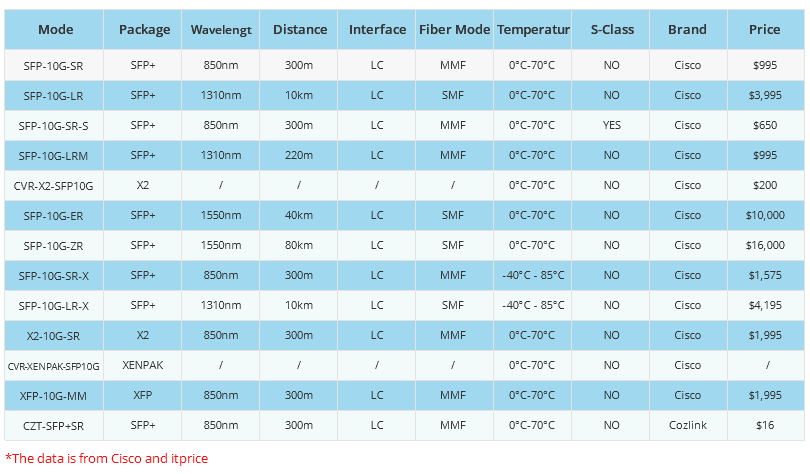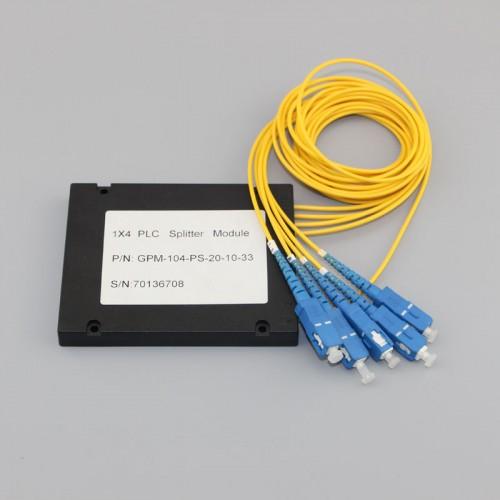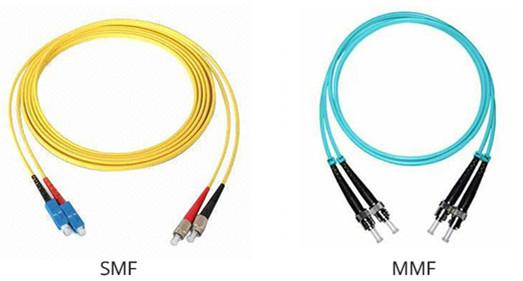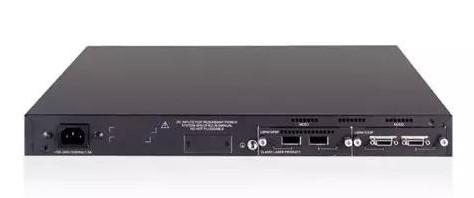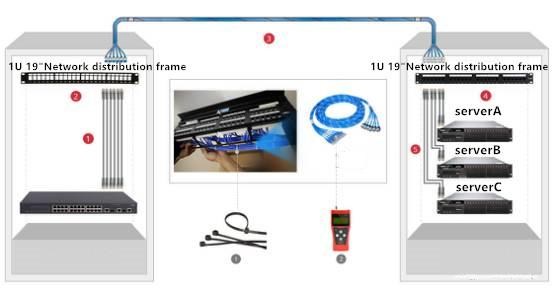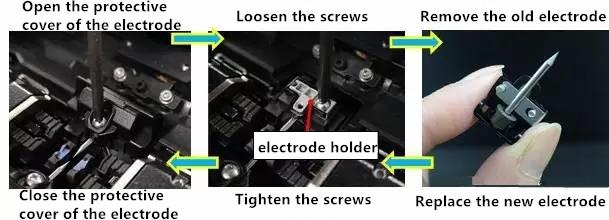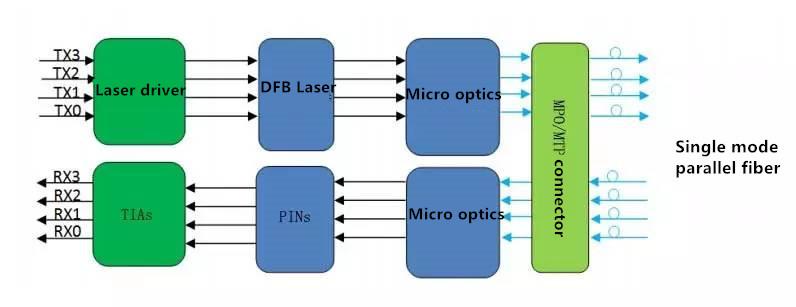- Related articles
- Optical Transceivers for Cisco WS-C3650-24TD-L Switch
- The Difference between PCI Express SSD and SATA SSD
- Used in 40GBASE-XSR4 Standard Optical Transceiver Models
- Apply to 100BASE-BX-U Standard Optical Transceiver Models
- The difference between QSFP+ and GBIC
- Optical Transceivers for Cisco WS-C2960X-48TS-LL Switch
- All Cisco CWDM-SFP-1310's information (List price, Specs, Compatibility matrix)
- Applicable to 10GBASE-LW Standard Optical Transceiver Models
- The difference between SFP+ and XFP
- Optical Transceivers for Cisco SG350-10P-K9-UK Switch

An Ethernet card is a device that computers use to talk to a computer in another part of a network in order to transmit data across the wire or wirelessly. Maybe there are many people don’t know that what is an Ethernet card and what does it do. This article will introduce the definition, application and some related information of an Ethernet card.
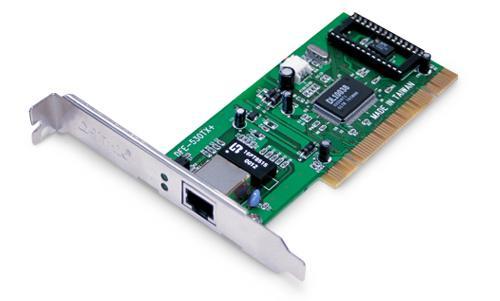
What is an Ethernet card?
An Ethernet card is one kind of network adapter. These adapters support the Ethernet standard for high-speed network connections via cables. Ethernet cards are sometimes known as network interface cards (NICs).
What the Ethernet card does?
An Ethernet card is the communications hub for your computer; it connects to a network using a network cable. Ethernet cards can also communicate one-on-one with another Ethernet card, allowing for peer-to-peer network connections -- these are useful for direct file sharing. The cable connection on the Ethernet card is called an RJ-45 connection, which connects to a variety of cable types, all capable of different transmission speeds.
Basic function of Ethernet card
An Ethernet card in your computer serves one basic function: to transmit data from the network to your computer. Ethernet cards are physical expansion cards that insert into a PCI expansion slot on a computer. Some computers also have onboard Ethernet cards that sit directly on a hard drive and perform the same tasks as a PCI Ethernet card.
Types of Ethernet Cards
Not all Ethernet cards have one jack on the back for a single cable, nor do all cards have the same speed capabilities. These cards have different names, from the basic Ethernet card (which transmits at 10 Mbps) through to the 10 Gbps Ethernet (which transmits at 10 Gbps). There are also Fast Ethernet Cards (10 Mbps) and Gigabit Ethernet cards (1 Gbps), which have become the standard for most large wired networks. Apart from classifying by Ethernet standards, we can also classified it by bus interface, it includes: ISA bus interface card, PCI bus interface card, PCMCIA bus interface card, USB bus interface card, and currently, PCI bus interface card is the most widely used.
An Ethernet card does not directly support Wi-Fi wireless networking, but home network broadband routers contain the necessary technology to allow Ethernet devices to connect via cables and communicate with Wi-Fi devices via the router.
Summary
After reading the basic information of Ethernet card, did you learn the knowledge from this article? There are so many different types and specifications of Ethernet card in the market, it is very important to learn that how to choose and purchase Ethernet card to meet your own needs.













































